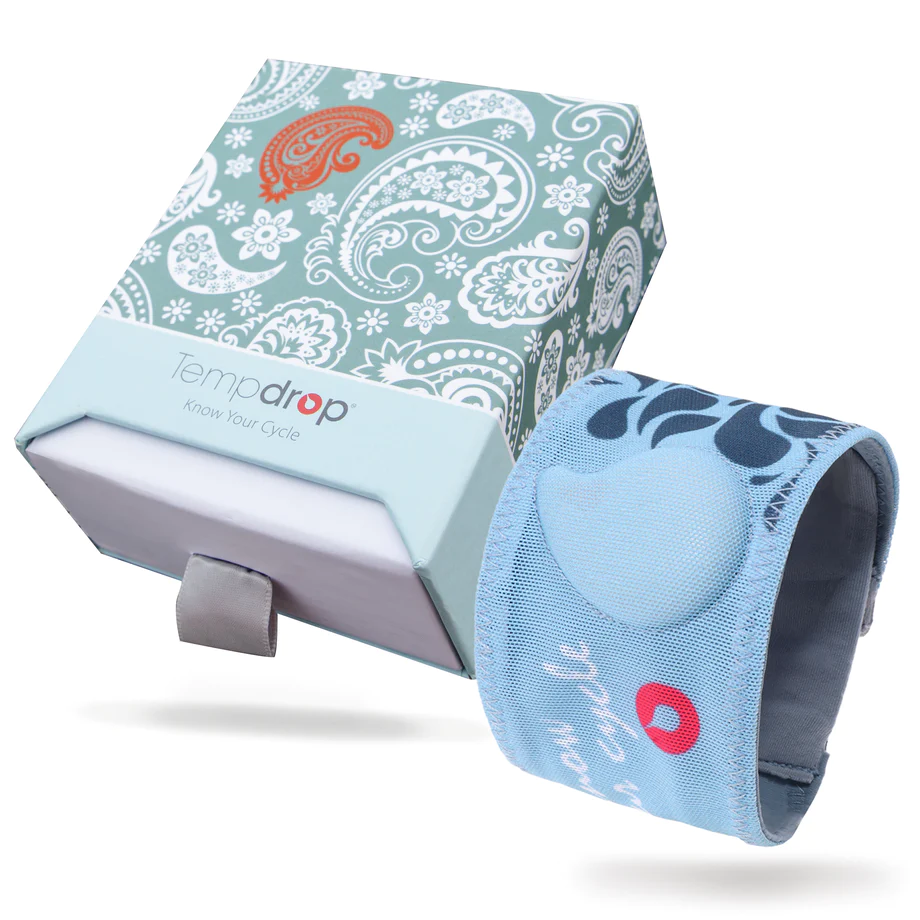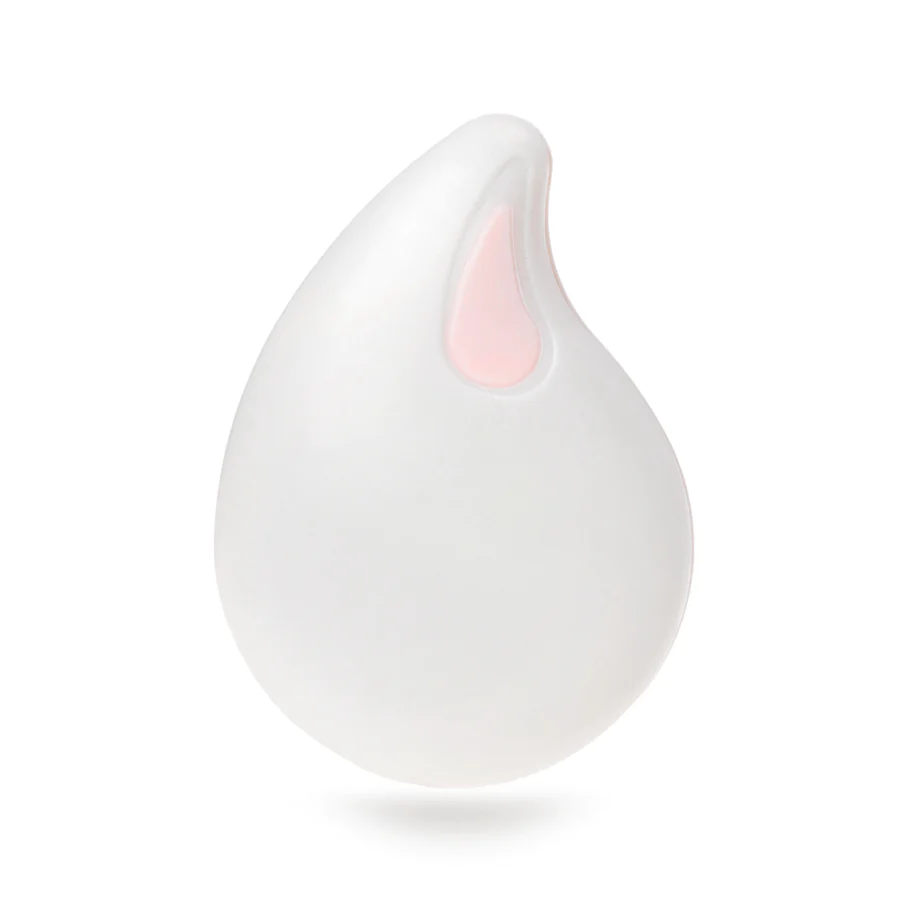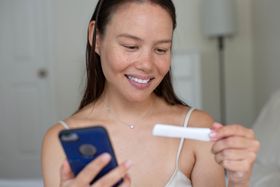TTC After a Miscarriage: Here's What You Should Know + Expert Tips
Follow the tips on how to conceive after a pregnancy loss
Published December 27, 2023.

Miscarriage is a shared experience, affecting one in five pregnancies. It can be a devastating event, both emotionally and physically. If you're trying to conceive again after a miscarriage (TTC), seeking expert advice and support is essential.
Let's explore the emotional journey of miscarriage, the timing and safety of trying again, and ways to boost your fertility after miscarriage. We'll also offer tips on how you can move forward with hope and positivity.
Understanding the Emotional Journey
Coping with Loss
Miscarriage is deeply personal. It involves a great deal of emotional pain, and everyone navigates this grief differently. I encourage you to communicate your feelings openly with your partner and the people closest to you.
Seeking Support
Professional support from counselors, therapists, or miscarriage support groups can be beneficial. You can also practice self-care with mindfulness, journaling, and walking in nature.
Healing is a continuous process, so don't hesitate to ask for help, and remember that your needs will change as you progress on this journey.
» Dealing with miscarriage? Check out ways to support yourself
Timing and Safety
How Soon Can You Try Again?
There are no clear guidelines on how long after a miscarriage to try again. Many women will have the return of a period within four to six weeks, and ovulation before that. Consider your emotional and physical readiness and talk with your partner about the right timing.
Is it Safe to Get Pregnant Right After a Miscarriage?
The safety of trying to conceive again depends on how far along you were before the loss, the hormonal picture, and the reason for the miscarriage.
If you want to ensure it's safe, please discuss it with your healthcare provider. Stay mindful of your situation and find a solution that supports your future child's well-being.
» Check out reasons you should track your ovulation
Boosting Fertility After Miscarriage
How to Get Pregnant After Miscarriage?
Many women worry about infertility after miscarriage, but you can apply the same strategies you used when trying to conceive.
You can use the following tips to improve chances of conceiving after miscarriage:
- Diet: Eat plenty of fruits, vegetables, and whole grains. Avoid processed foods, sugary drinks, and excessive amounts of caffeine.
- Take supplements: Prenatal vitamins contain essential nutrients for pregnancy and fetal development.
- Exercise: Workouts can also help to improve your overall health and fertility. Aim for at least 30 minutes of moderate-intensity exercise most days of the week.
- Manage stress: Stress can interfere with ovulation and fertility. Find healthy ways to manage stress, such as exercise, yoga, or meditation.
You can also track your menstrual cycles and ovulation to know when you're ovulating and if you have an adequate luteal phase.
You can do it with basal body temperature (BBT) monitors like Tempdrop. It measures your BBT while you sleep. The data is synced to the Tempdrop app, where additiional fertility signs can be recorded to generate a personalized fertility chart that you can use to identify your ovulation window.
» Find out what is fertility charting.
Why Are You More Fertile After Miscarriage?
Research suggests that increased fertility occurs within three months after a miscarriage. The reason behind it, however, isn't clear. Stay hopeful despite the loss, as your body clearly shows you it's capable of pregnancy.
Recognizing Early Pregnancy Signs
Early signs of pregnancy after miscarriage are a lack of an expected period (usually around 2 weeks after ovulation), morning sickness, breast tenderness, or food cravings.
It's always helpful to seek advice from a medical provider to increase your chances of having a successful pregnancy after miscarriage.
» Take a look at ways to improve your chances of pregnancy
Moving Forward with Hope
Move at your own pace, with personal, emotional, and professional support if needed. Although miscarriage can be heart-breaking, there is hope, with many successful pregnancies following it.
Continue to track your cycles and tune into your body on the journey. Tempdrop helps identify ovulation, an adequate luteal phase, and the potential return to fertility and hormonal imbalances during this time.












